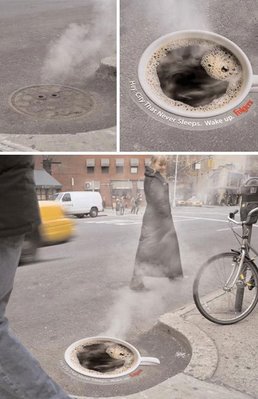The illiterate of the twenty-first century will not be those who cannot read and write, but those who cannot learn, unlearn, and relearn."----Alvin Toffler

I've been thinking about last week's link to the texting (txtng) article. Actually I've been thinking about texting and cell phones for a while. A lot of our senior and not so senior boys have them and of course we ban them from use in class. "Keep them in the bottom of your bag!"
Is this what we should be doing?
Aren't they a widely used communication tool which in fact we should be helping children use effectively and appropriately? Isn't teaching about appropriate use a better way than banning and zealous confiscation?? As phones get smarter, it is likely they will be able to be used for more purposes than text or voice communication. My phone lets me browse the internet and check my email and it's a cheapie! Maybe we should encourage children to use the technology appropriately and in a way which benefits their education. Rather than assigningt them the same status as chewing gum.
If you disagree, let me know (!) but also read some of the articles below which discuss the emerging shape of the learning environment.
- Marc Prensky has some ideas for using cell phones in a school.
- Or here.
- Edutopia article (see below)
As little as we know about the future for which we are preparing our students, it is clear that it will be a place that is governed by information. Accessing, processing, building with, and communicating that information will be a major part of our daily personal and professional tasks.
Being literate in this future will certainly involve the ability to read, write, and do basic arithmetic. However, the concept of literacy in the 21st century will be far richer and more comprehensive than the 3 Rs of the one room school house.
Building Digital Communication Skills for the 21st-Century Workforce
Classroom of the Future??? The virtual worlds of Second Life
Or how about this concept. Think about it for a few minutes. The thought that putting 9 year olds in a class of 9 year olds encourages them to think like a 9 year old whereas putting them in charge of a Zoo in a Zoo Tycoon makes them think like.... Very much like what Dorothy Heathcote was trying to achieve through role play. Could there be something in it??
The quote below prefaces an article in Edutopia called: Take a Chance . . . Let Them Dance Well worth a read!
"I heard a great story recently about a six-year-old girl in a drawing lesson. The teacher said this little girl hardly ever paid attention in class, but during this lesson she did. The teacher was fascinated. She asked the girl, "What are you drawing?" And the girl said, "I'm drawing a picture of God." The teacher said, "But nobody knows what God looks like." The girl said, "They will in a minute."
(Reference))
One reason for using Google Safesearch:
Our school internet browsers default to Google safesearch. If you don't use safesearch and look for information on Martin Luther King, the second site in the Google rankings is http://www.martinlutherking.org/ - looks ok from the url but is in fact a site maintained by White supremacists and is fundamentally evil. Now, most of our children will be using this version of Google at home. This is why we need to put enrgy and time into getting children to think about where they are sourcing information and critically analyse and verify what they find. BEWARE!
Moviemaking online here!
Online video editing
An interesting use for google earth! Try it. Anyone got a house shaped like a question mark?
And what do you think should be the 7 wonders of the modern world. Vote now before they decide on 7 July 2007




